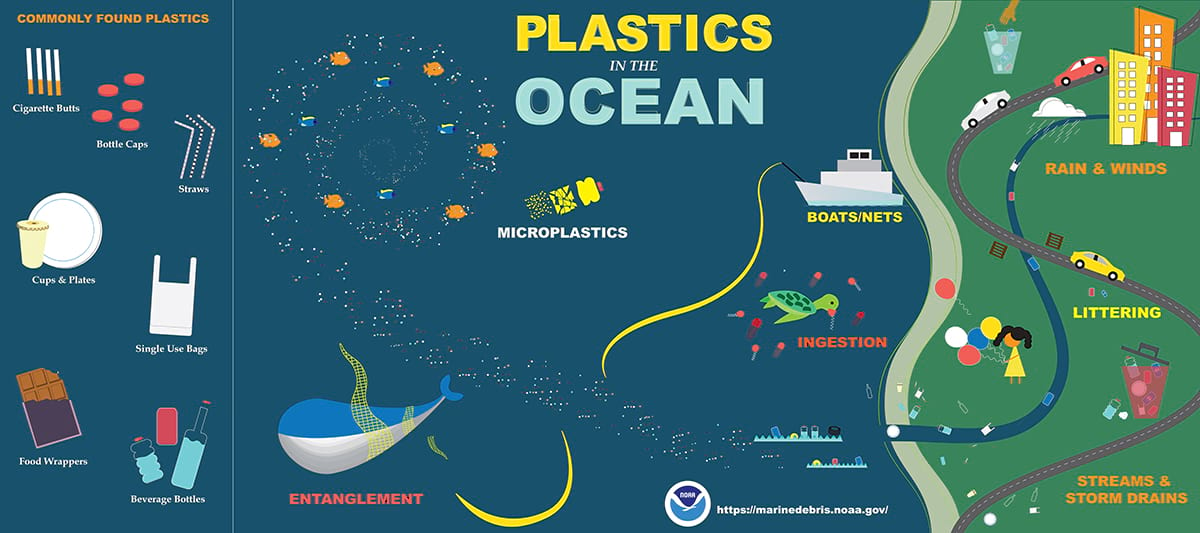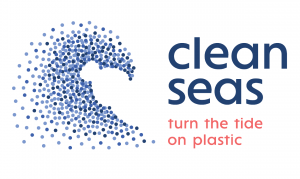Plastics Resources

In 1950 the world produced only 2 million tonnes of plastic per year. Since then, annual production has increased nearly 200-fold, reaching 381 million tonnes in 2015. For context, this is roughly equivalent to the mass of two-thirds of the world population.
Brief History of Plastics
Plastic Bottle Break Up
Story of Micro-Fibers
Life Cycle of the Plastic Bottle
Beach Clean Up Success Story
Great Pacific Garbage Patch Explained
Plastic Bank
Brief History of Plastic
TED-Ed
Ocean Plastics Unit- Isfeld
In the Spring of 2019, all of Mark R. Isfeld Secondary Grade 9 students participated in a Ocean Plastics unit in all their subject areas and took a field trip to Deep Bay Marine Field Station.
Tracy Richards, Isfelds’ Teacher Librarian, has com;piled a list on online video and resources to help support further lessons on ocean debris.
Clean Seas
UN Environment launched Clean Seas (#CleanSeas on social media) in February 2017, with the aim of engaging governments, the general public and the private sector in the fight against marine plastic pollution. Over the next five years, we will address the root-cause of marine litter by targeting the production and consumption of non-recoverable and single-use plastic.
Click the link to go straight to their resource room full of excellent classroom lessons. Available in French and English.
This school year, Surfrider Vancouver Island, is urging schools and their communities around the world to take part in the Back to School Plastic Challenge. Go to the Clean Seas website to download ideas. Our campaign is ongoing, and the deadlines given by Clean Seas only refers to their competition, not the Single-use Plastic Free Schools certification.
- Fantastic links to up-to-date resources
- Download the education pack and use it with your students.
- Work with the school administration to see how your school can reduce its plastic footprint.
- Participate in a beach clean-up together with your students.
NEW! Five organizations have teamed up with the Government of Canada to provide teachers with a new education kit to help teach students about plastic pollution and how it affects our environment. The kit is equipped with a teacher guide book, student workbooks, unit plan and provincial curriculum links. Comes in both French and English from grades 2-11.
Free for educators, that makes learning about plastic pollution hands-on, fun and accessible to all learners! The resources are created by teachers, for teachers. All the resources you need to teach a quality lesson, including a detailed lesson plan, BC curriculum connections, presentation slides and educational videos!
Differentiated K-12 lesson plans we currently offer:
1) *NEW – From the Streets: freshwater plastic pollution
2) Ocean Trash Talk:ocean plastic pollution (available in French and English)





